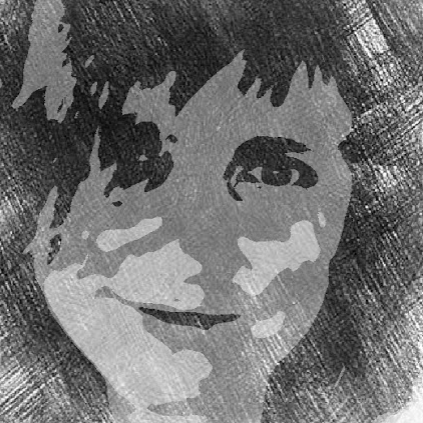
Towards the end of the European Innovation Days, acclaimed scientists advised the European Commission and politicians on what to look out for when funding research with money from the EU’s Horizon Fund (amount: about €100 billion). These grants for scientific research are distributed by the European Research Council from the EU. You don’t have to be a rocket scientist in order to understand the tips given by the leading scientists involved in this research council to the European Commission. After all, they are concerned with freedom, money and an open mind. Plus, needless to say, a good dose of curiosity.
Tip 1: Focus on the working principle, not on the application
Ben Feringa is Professor of Molecular Sciences at the University of Groningen. He won the Nobel Prize for Chemistry in 2016. Feringa built the world’s smallest motor, the nanomotor. He wanted to know how molecules move without having to think about what he was getting out of it. It was by chance that he discovered how molecules only move forwards and not backwards. This enabled him to build molecular motors. He is presently working on a coating that cleans itself by building in miniature nanomachines. These can be applied to solar panels, processed in paints for houses and used in windows that you will no longer have to wipe clean because of the molecular motors in them, he explained. “To me, it was about understanding the principle of how molecular movement functions. Without knowing beforehand what to use it for. If you understand the principle, that leads to so many innovations.”
Tip 2: Let young scientists think independently
Jean-Marie Lehn is Professor of Chemistry at the University of Strasbourg and won the Nobel Prize in 1978 for the chemical basis of molecular recognition. He wanted to know why certain molecules seek each other out while others do not, which he refers to as the sociology of molecules. As a result, he discovered that they fit together like a key in a lock. In his view, it is important for the European Research Council to provide grants to talented young scientists. This is so that they can think independently from professors and carry out scientific research as they see fit. This is also how Europe will build up a group of excellent scientific researchers who think independently. According to Lehn, independence also means responsibility. This means that young scientists deserve scholarships; nonetheless, their research must also ultimately deliver results.
Tip 3: Give talented researchers plenty of time
Emmanuelle Charpentier is the academic director of the Pathogens division of the Max Planck Institute. She won the Kavli Prize in 2018. She is a microbiologist and has discovered, among other things, how bacteria defend themselves against viruses. The knowledge gained here is used in gene technology. She advocates that there should be enough time to carry out research. Otherwise, fundamental research will not be possible. “I hear from young scientists that they only have three years in which to invent something. That’s way too short.” A better idea would be to provide scholarships which allow for long-term research – like 10 to 20 years – so that scientists have time to think. ,,Politicians want to see quick results. That’s not the right way forward”, added former European Research Council president Helga Nowotny who chaired the discussion. ,,Research and thought need time to mature.”


